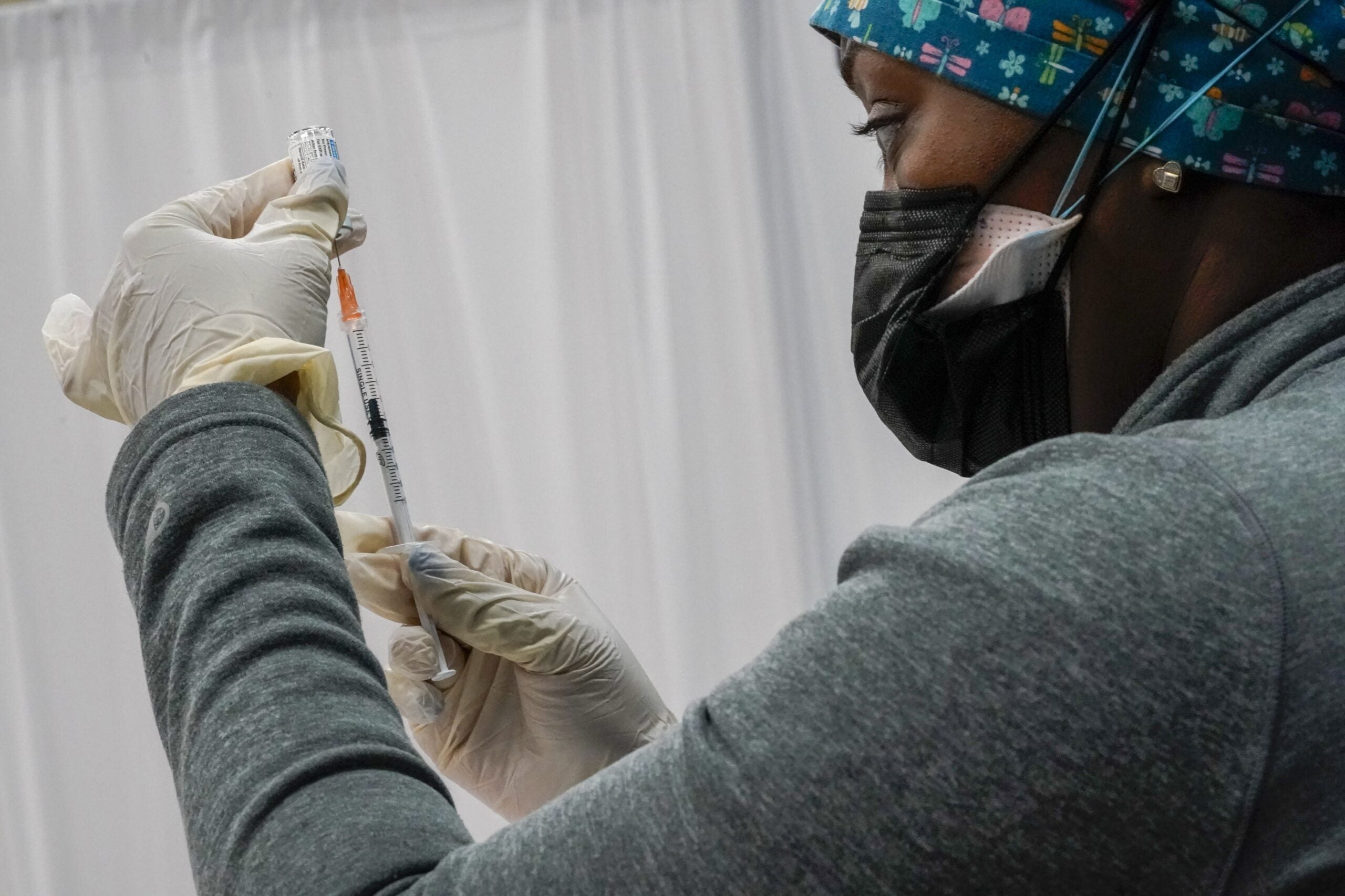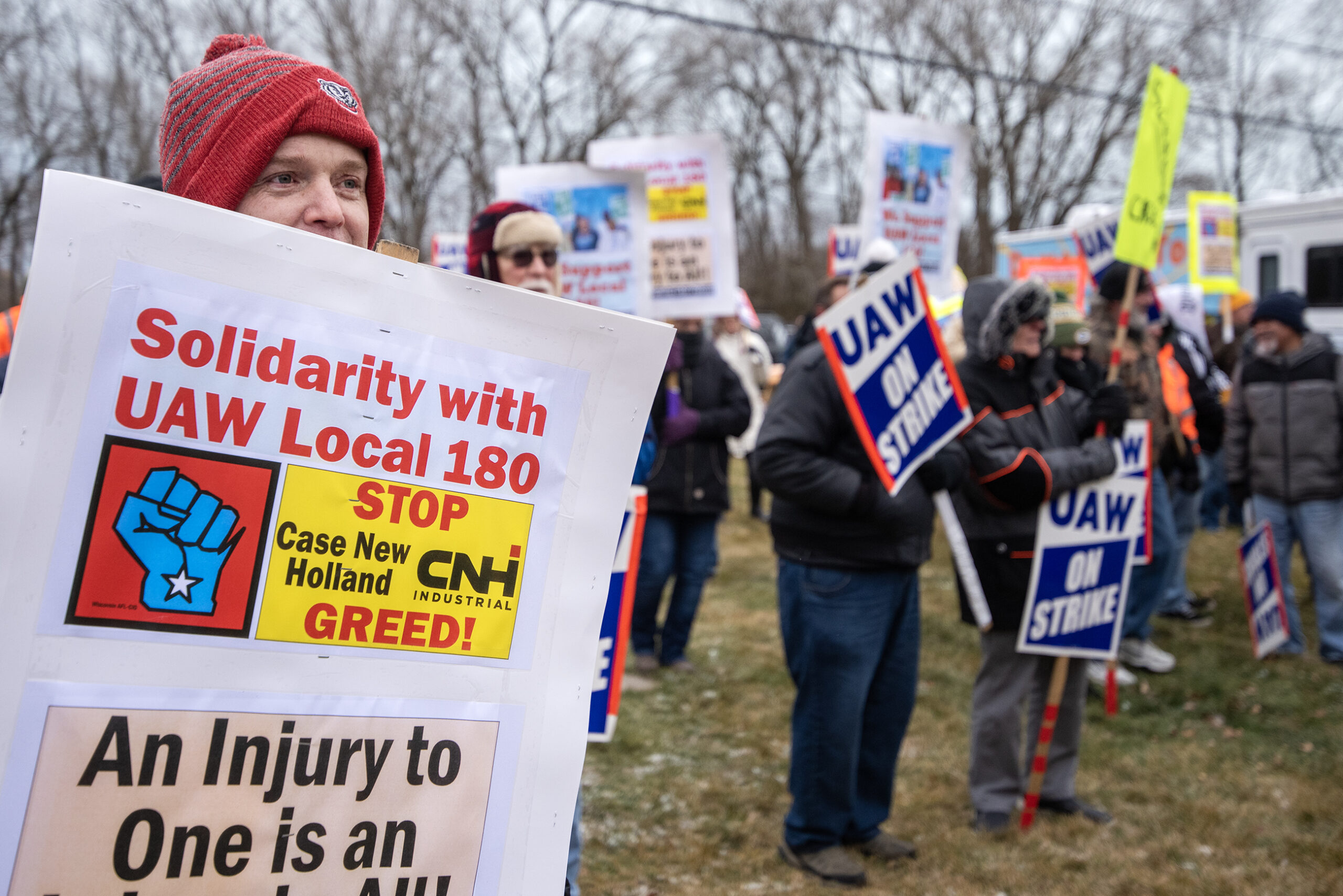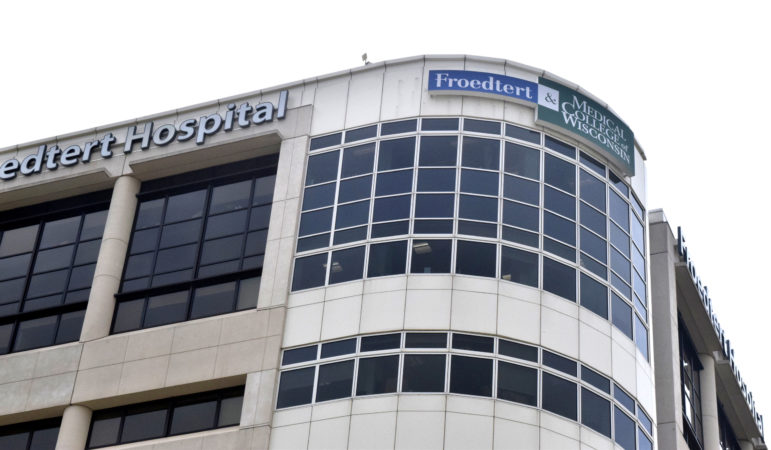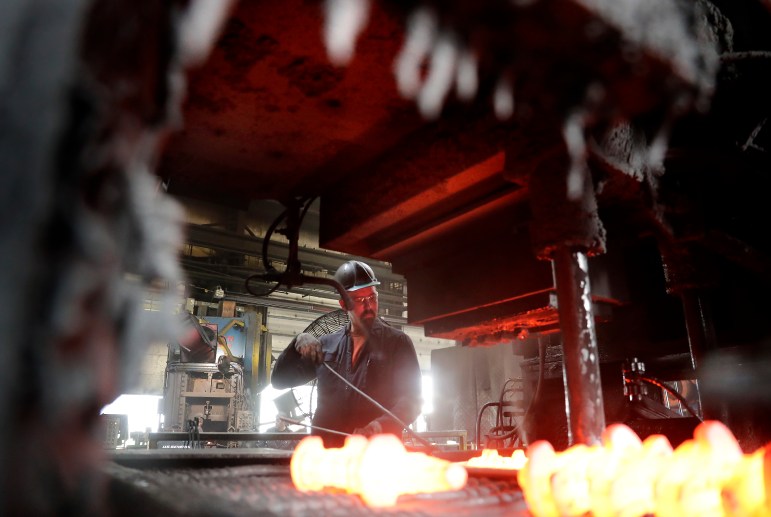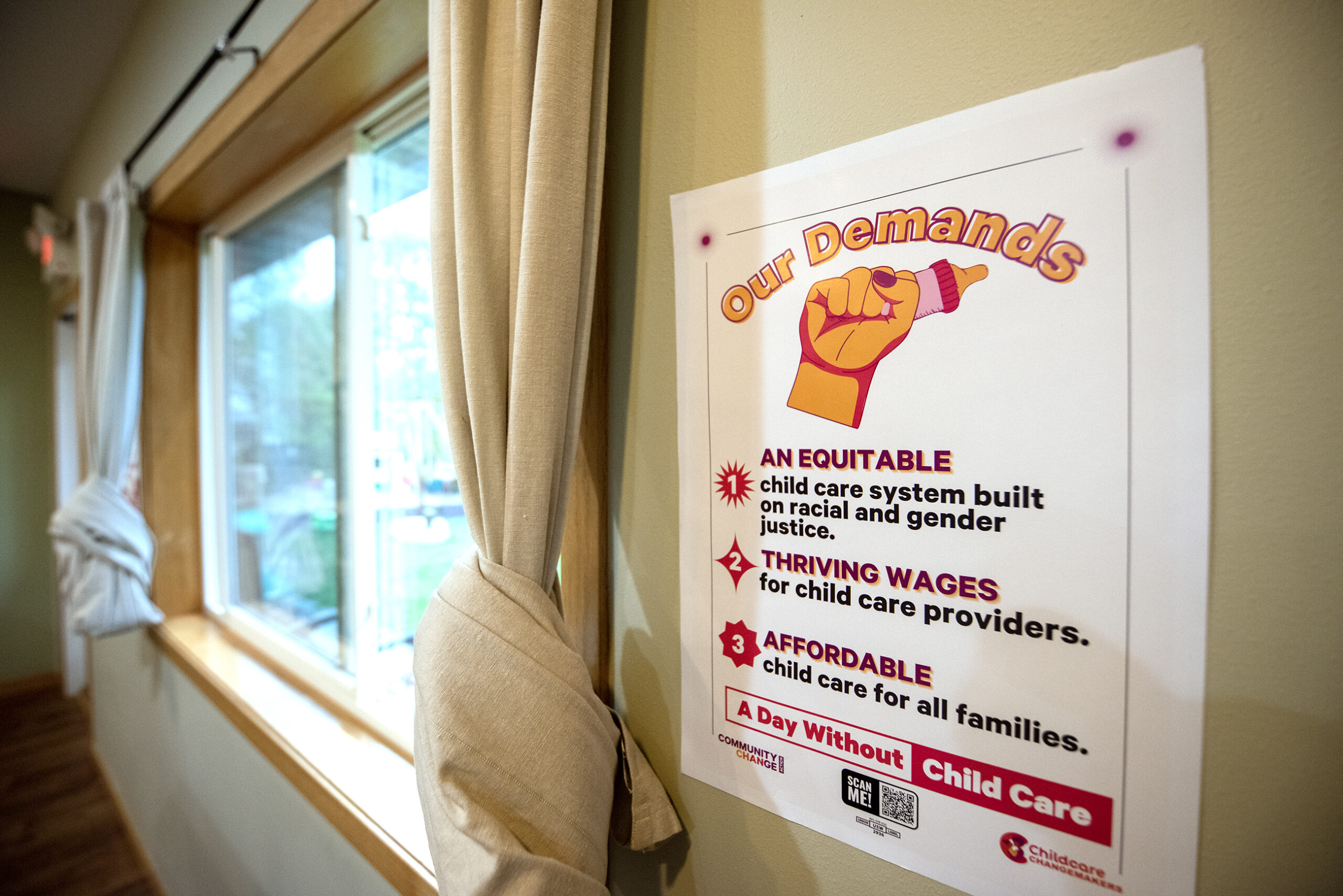An economics reporter explains how uncertainty due to the delta variant has translated into the economy. And a population health professor argues hospitals should not necessarily consider vaccine status when deciding an order in which to care for patients.
Featured in this Show
-
How The Delta Variant Is Leading To Heavy Economic Uncertainty
Earlier this year, economists thought September could be a turning point for a return to pre-pandemic life in the United States. Rather, the delta variant has led to more uncertainty with schools reinstating mask mandates, businesses scaling back hours, and more. We look at the “I don’t know” economy.
-
A Perspective On The Ethics Of Deprioritizing The Unvaccinated When Medical Care Gets Rationed
As COVID-19 cases rise again in the US, some healthcare facilities are preparing to ask who gets treatment and who doesn’t when demand for care exceeds a hospital’s capacity. We hear from a Wisconsin health educator who says deprioritizing the unvaccinated, as has been considered in places like Texas, is the wrong approach.
Episode Credits
- Rob Ferrett Host
- Bill Martens Producer
- Rachael Vasquez Producer
- Heather Long Guest
- Tiffany Green Guest
- Tyler Ditter Technical Director
Wisconsin Public Radio, © Copyright 2026, Board of Regents of the University of Wisconsin System and Wisconsin Educational Communications Board.

